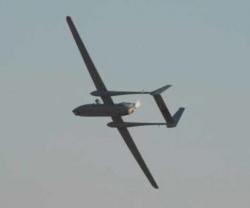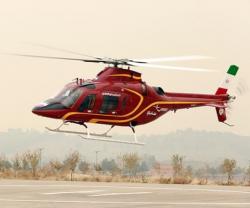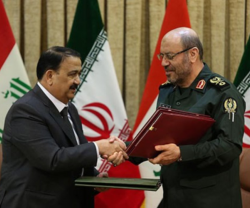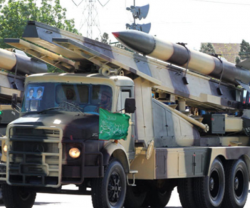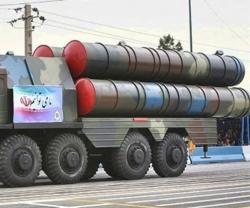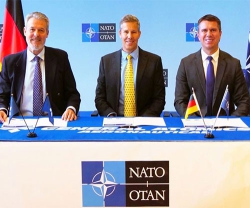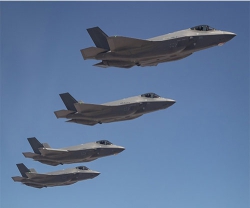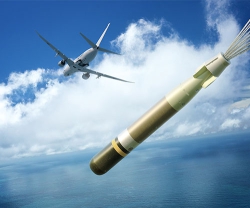Raytheon Co, the world's biggest missile maker, said it was developing a new system that, if deployed, could boost Israel's defenses against Iran as soon as 2013 and beef up anti-missile bulwarks worldwide.
The system could also help resolve a US-Russian deadlock over Bush-era plans to extend into Europe the US shield against ballistic missiles.
The plan is to create a land-based version of Raytheon's existing Standard Missile-3, a mainstay of US missile defense from the sea. It also would use a long-range Raytheon radar already deployed in Israel and Japan as part of yet another US defense system.
"Coming soon to a theater near you," the company said in a slide presentation on its would-be new SM-3 "ashore" interceptor missile.
Raytheon executives talked up the concept on Tuesday at an annual US Army-organized missile-defense conference in Huntsville, Alabama.
The proposed land-based SM-3 system "could provide Israel a near-term solution to counter ballistic missiles from Iran," Raytheon said in its slide presentation.
"If the program goes through to production and is deployed globally with international allies, the potential value ...will be more than $1 billion," Michael Booen, a Raytheon vice president for advanced missile defense, told Reuters.
Company executives said the land-based SM-3 could be operational as soon as 2013 if funded adequately by the Pentagon. The Pentagon has requested $50 million for its development in fiscal 2010, which starts October 1. Raytheon has already made a significant investment of its own, Booen said.
The SM-3 is a defense against short- to intermediate-range missiles. It was developed for ships equipped with Lockheed Martin Corp's Aegis ballistic missile defense and has already notched up 15 "hit-to-kill" test intercepts.
Development costs would be very low, and the system would take advantage of billions of dollars of other US investments to beef up the emerging, layered anti-missile shield, said Peter Franklin, a vice president of Raytheon's Integrated Defense Systems business unit.
Raytheon executives said land-based SM-3 systems were also being looked at by the Pentagon as an option for European missile defense. It could play a role there with or without the 10 interceptor missiles that former president George W Bush proposed to put in Poland, along with tracking radar in the Czech Republic, as a hedge against Iran, Booen said.
Moscow has strongly opposed the plans for Poland and the Czech Republic as a threat to Russia's security.
Riki Ellison, a prominent US missile-defense advocate, said land-based SM-3 missiles may be easier for the United States to "sell" to Russia as a European missile-defense solution aimed at defending against Iran.
Moscow would be more receptive, he said, partly because land-based SM-3's would be incapable of shooting down strategic, long-range Russian missiles. Also, the availability of such a system could lead to a face-saving deal that could substitute for a Polish and Czech installation.


